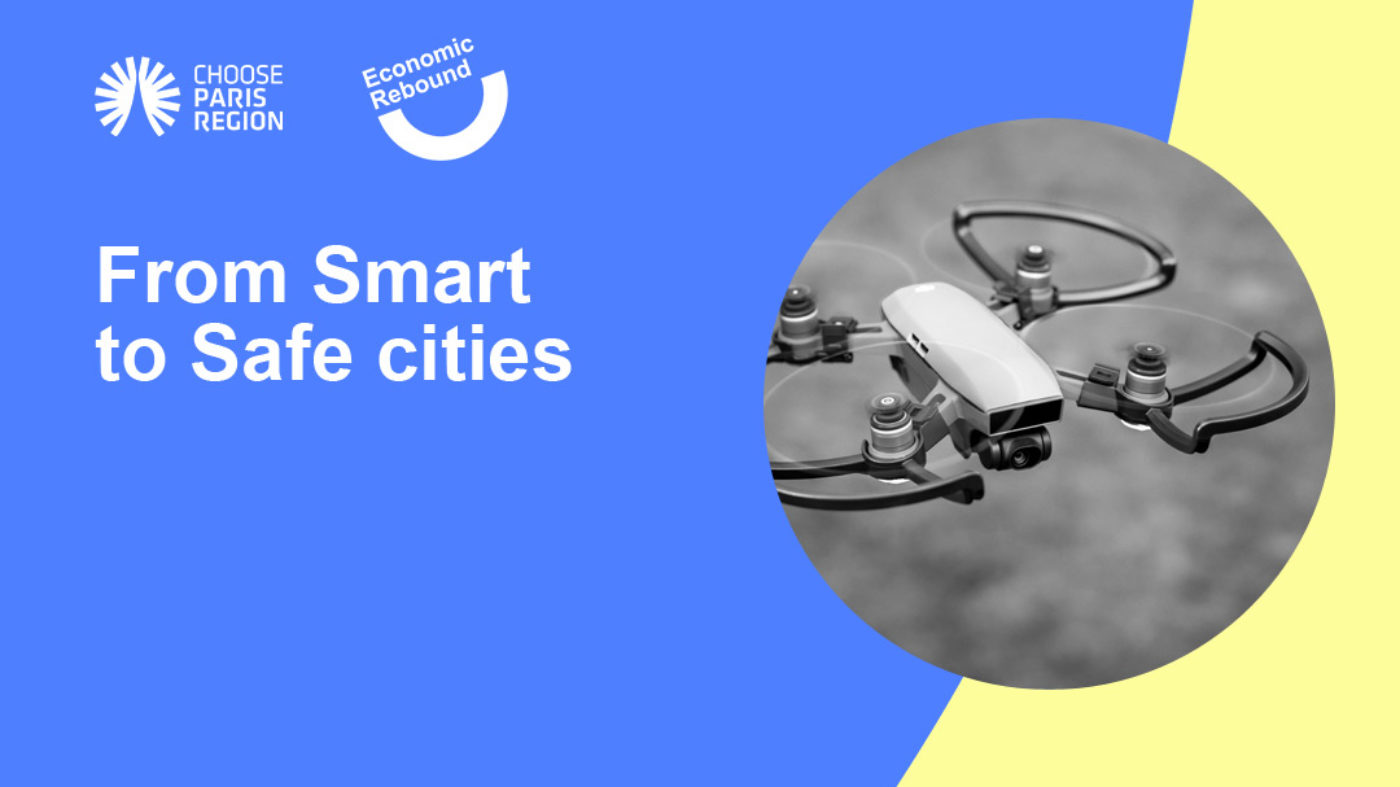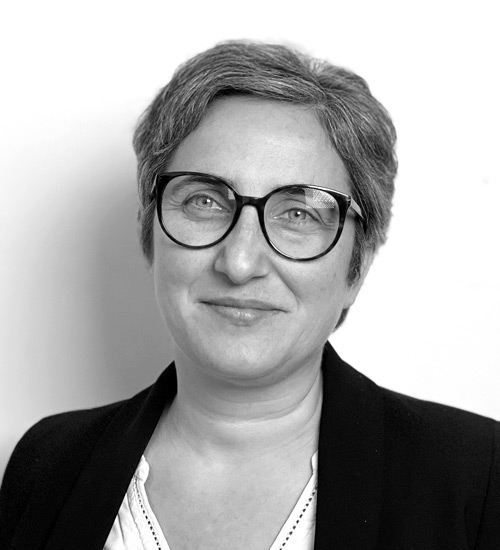
With more than half of world's human population now living in cities, and with that proportion projected to increase into the foreseeable future, cities are set to play an ever-increasing role in the future of sustainability and human health. With the outbreak of COVID-19, managing pandemics in cities has been at the heart of all debates. This has raised questions such as: How do we mitigate the health risks associated with urban environments? How do we ensure the health and safety of people in densely populated areas without imposing social distancing? How do we ensure the health and safety of citizens whilst not infringing upon their rights to privacy? If we do not hold the answers to all the questions raised above, it remains clear that managing pandemics in cities will rely on new technologies, especially on surveillance technologies.
Resorting to surveillance to restore health
In the face of the pandemic, almost all governments resorted to smart city technology to trace people infected and/or check whether social distancing rules were being followed. The gravity of the situation called for the use of all available means to flatten the COVID-19 curb and ensure the health and safety of all.
China, for instance, mobilized its mass surveillance tools, from drones to CCTV cameras, to monitor quarantined people and track the spread of the coronavirus. Other nations like Israel, Singapore and South Korea also used a combination of location data, video camera footage and credit card information, to track COVID-19 in their countries. In France, Orange estimated (based on its demarcation data), that 1.2 million Paris Region residents left the territory between March 13 and 20.
Paris Region: a fertile breeding ground for surveillance technologies
In Paris Region, tracing app solutions multiplied very quickly especially after they were approved by the French Government at end of May. The national official App called StopCovid app was available since Tuesday 2 June, on a voluntary basis. A date which coincided with the cautious reopening of bars and restaurant terraces across France.
Paris Region will test the StopC19 contact tracing application, intended for industrial purposes. Google and Apple have announced a partnership to develop a tracking system common to their smartphone ecosystems that they want to offer to health authorities in France. We can imagine that the device will be wearable such as smart watch to ensure the physical distance that measure fever and can give location data.
To improve passenger comfort and promote compliance with social distancing rules, the Public Transportation network in Paris (RATP) added a new service to its application: “passenger density crowdsourcing”. Passengers are invited to share their experience via the app. The goal is to provide details in real time about how densely crowded each train is to better streamline the flow of traffic at stops and in stations. RATP is now in the process of testing its “facial recognition” cameras to measure the rate of mask use in the Metro Station for three months.
Roissy Airport is also equipped with thermal cameras to detect feverish passengers. Twelve thermal cameras were installed on the arrival gates of the international flights Terminal. Thermal camera systems have now even been installed at 18 airports in the Paris Airport group’s international network.
The National Commission of the computing and liberties (CNIL) is authorizing all use of this technology only if there are compliant with the General Data Protection Regulation (GDPR) on preserving the privacy of personal information : data subjects should be aware of the fact that video surveillance is in operation, the use of facial recognition only if consent is free and valid, no conservation of data, temperature checks should no displayed on the screens (or body temperature (without identification).
According to International Data Corporation (IDC), Investments in Smart City initiatives will explode in 2020, with spending rising by 20%. This means that if you can provide solutions that respect the GDPR and follow the typically French ethical rules, there are plenty of opportunities in Paris Region.
Choose Paris Experts

Sevinç Ar
Smart City & CleantechExpert

